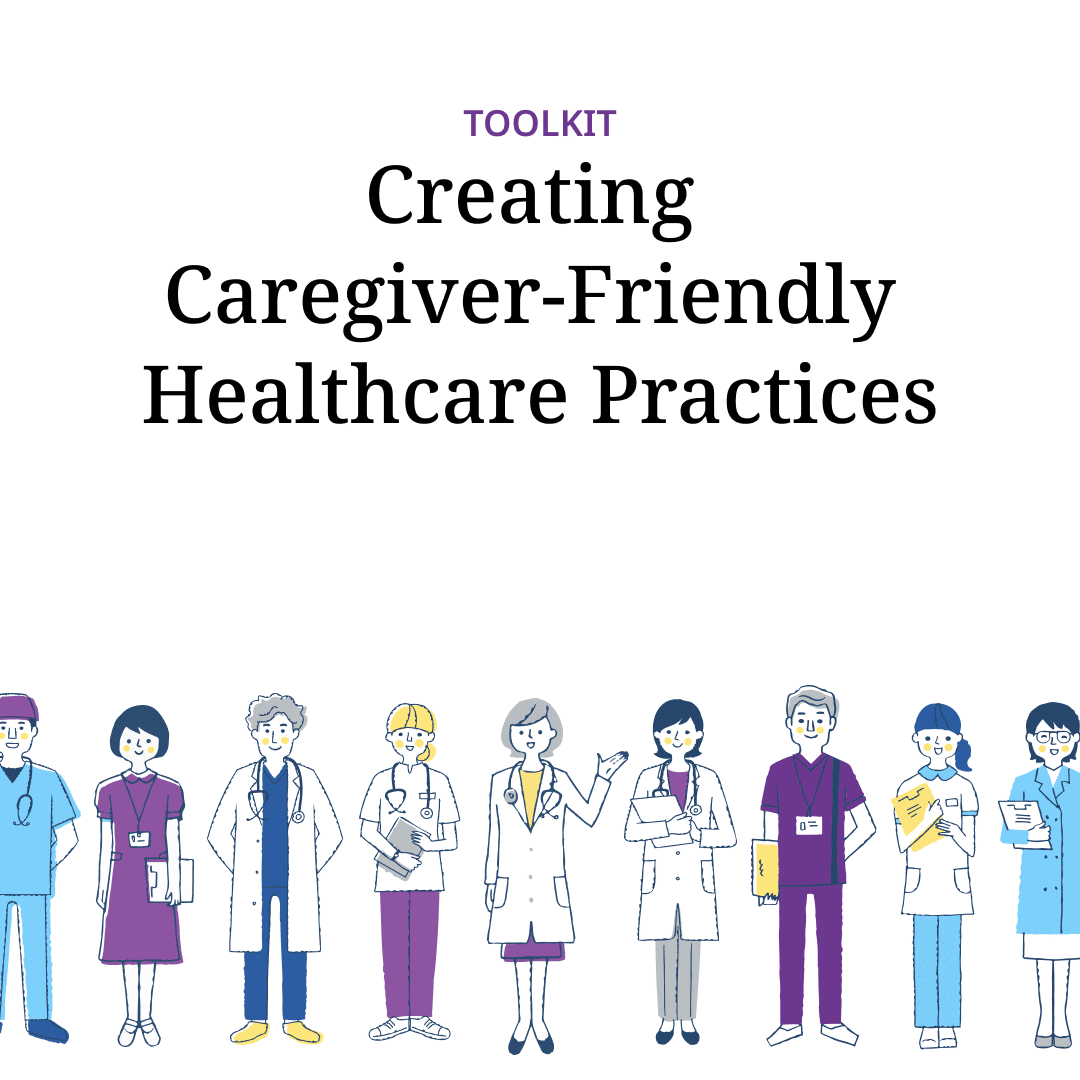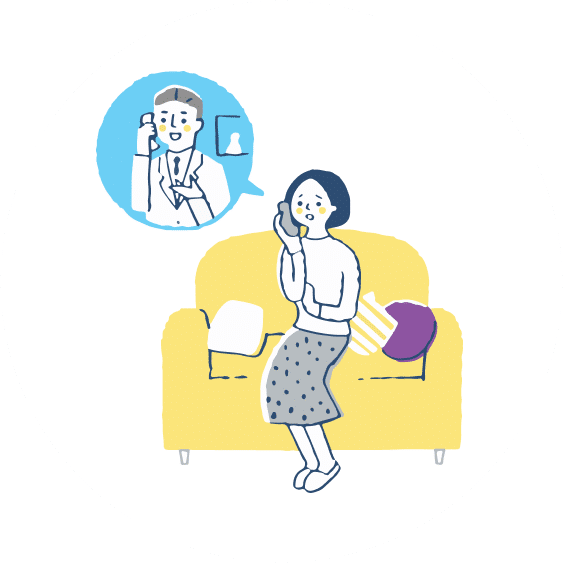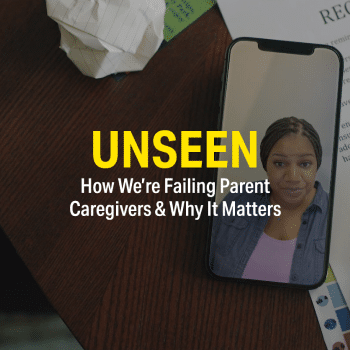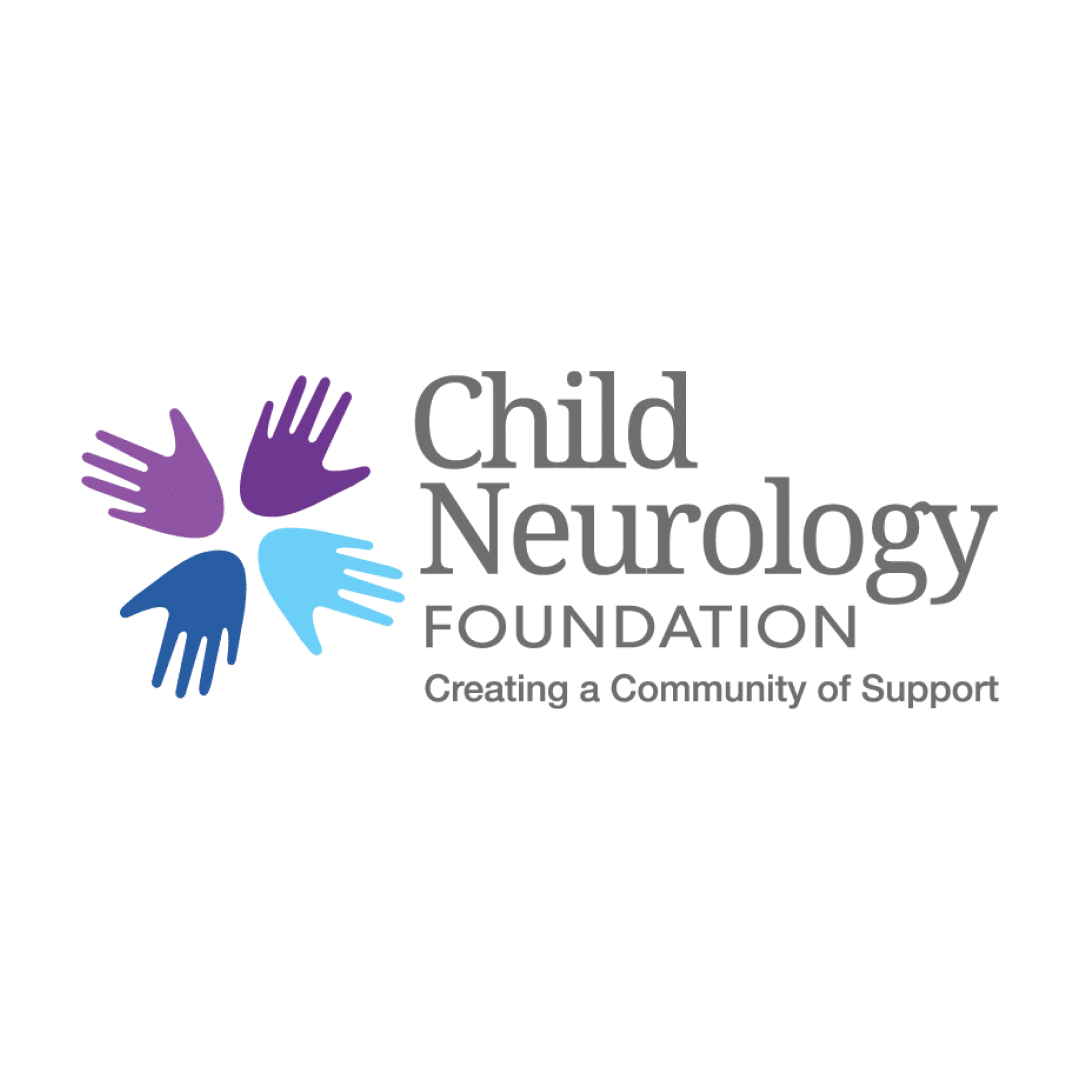
Explore the Caregiver-Friendly Healthcare Practices Toolkit
Learn how healthcare providers can improve outcomes by recognizing and equipping caregivers.
Caregiver-Friendly Healthcare Practices Toolkit
Created in partnership with

Unless you’ve lived it, it’s really difficult to understand the full scope of what it means to be a 24/7 caregiver — even if you’re a seasoned clinician who’s been working with caregivers for decades. So much of the work of caregiving takes place at home, behind closed doors, where no one else can see all of the best — and worst — parts. Understanding the realities of caregiving can help healthcare providers provide more individualized and thoughtful care to a population that often doesn’t have access to enough resources. Here are a few things you need to know to better understand the lived experience of many caregivers.
The term “caregiver” can be a form of identity. Yet many caregivers see the act of caregiving as something they DO rather than who they ARE. Because of this, caregivers are not always easy to identify, and they may hesitate to mention (or may not even think about bringing up) their caregiving role. They see their work as a core responsibility — they do it because it needs to be done. But caregivers are humans, too! It’s important for providers to recognize that whether or not a caregiver identifies themselves as such, it’s likely their caregiving duties are impacting nearly every aspect of their life.
Too often, admitting you’re struggling (to yourself or others) is regarded as a weakness or failure. For caregivers, this can be especially true. They may feel like they are letting down their loved one. Or they may have never found support in the past, and feel that there’s no point in asking for help.
Becoming a caregiver is often an unexpected role that is thrust upon a person. Caregivers may feel unequipped to embark on this new and different kind of life, especially if they lack social support and resources. Some days, the act of caregiving can feel like a duty or sacrifice they didn’t ask for. There is often grief in knowing life isn’t going the way you expected.
Typically, we expect active parenting to last until children reach adulthood. But for some caregivers, their duties can extend well beyond that timeframe. A person with profound disabilities or complex medical needs may need a caregiver for life. That’s a big responsibility for anyone, especially if the demands of care exist 24/7 and resources and support are limited. It can be mentally and physically exhausting, and many caregivers report feeling a relentless sense of fatigue.
Caregiving can be physically demanding, especially if a dependent needs full assistance with mobility and activities of daily lifting, or has difficulty sleeping. The risk of injury is increased. Caregivers often neglect their own wellbeing and healthcare needs due to the demands of caring for others.
There is an increased mental burden as well, as caregivers engage in a wide variety of tasks, logistics, coordination and planning. Constant vigilance, uncertainty and stress take a significant toll on physical health, mental health and relationships.
Caregiving is also expensive. Costly medical equipment and therapies may not be covered by insurance. Many caregivers are forced to leave their jobs to provide care, reducing their household income and long-term financial health.
The 24/7 nature of caregiving means that getting a break can be difficult with so many barriers to obtaining respite. Hiring someone can be prohibitively expensive. Even when families have the funds or waivers to cover the costs, qualified caregivers are few and far between. Also, leaving your vulnerable loved one with someone else may simply feel too risky.
Caregivers often report that family and friends are unwilling or unable to provide respite care, and may feel intimidated or ill-equipped to step in. The demands of caregiving can also be isolating, leading to a gradual decline in external relationships. When the time comes to ask for help, there may not be anyone else around.
Illness and disability can be complex. Caregivers may be required to attend lots of appointments. It takes work to schedule every visit around jobs, school, and family needs. Also, the healthcare system is not designed to share information across healthcare providers. Medicine is highly specialized. This means that a doctor may be focusing on a single aspect of care, giving them only a partial view of the overall wellness picture. Caregivers often feel frustrated when forced to repeat the same things to every doctor, or when treatment plans don’t align.
A person can only accomplish so much, and it hurts when others don’t acknowledge this. Caregivers face a lot of judgment for how well others think they are — or aren’t — doing their job. It’s easy to point out things that could be better, but finding the time, money, and resources to accomplish everything on a caregiver’s plate can feel impossible. Keep in mind that caregivers and their dependents are doing their best every day with what they have.
Caregivers have health and wellness needs, just like anyone else. But getting to the doctor can be a logistical challenge. Caregivers might not have the time and energy to care for themselves the way they should. Try not to pass judgment, and instead find opportunities to offer support and resources.
Here are ways you can get started:

Learn how healthcare providers can improve outcomes by recognizing and equipping caregivers.

The “Unseen” documentary gives an unfiltered, honest glimpse into the lives of caregivers and their families.

The Child Neurology Foundation connects partners from all areas of the child neurology community so those navigating the journey of disease diagnosis, management, and care have the ongoing support from those dedicated to treatments and cures.

Sign up to get notified about upcoming screenings, new bonus content releases, and get a 10% off coupon for our mech store!